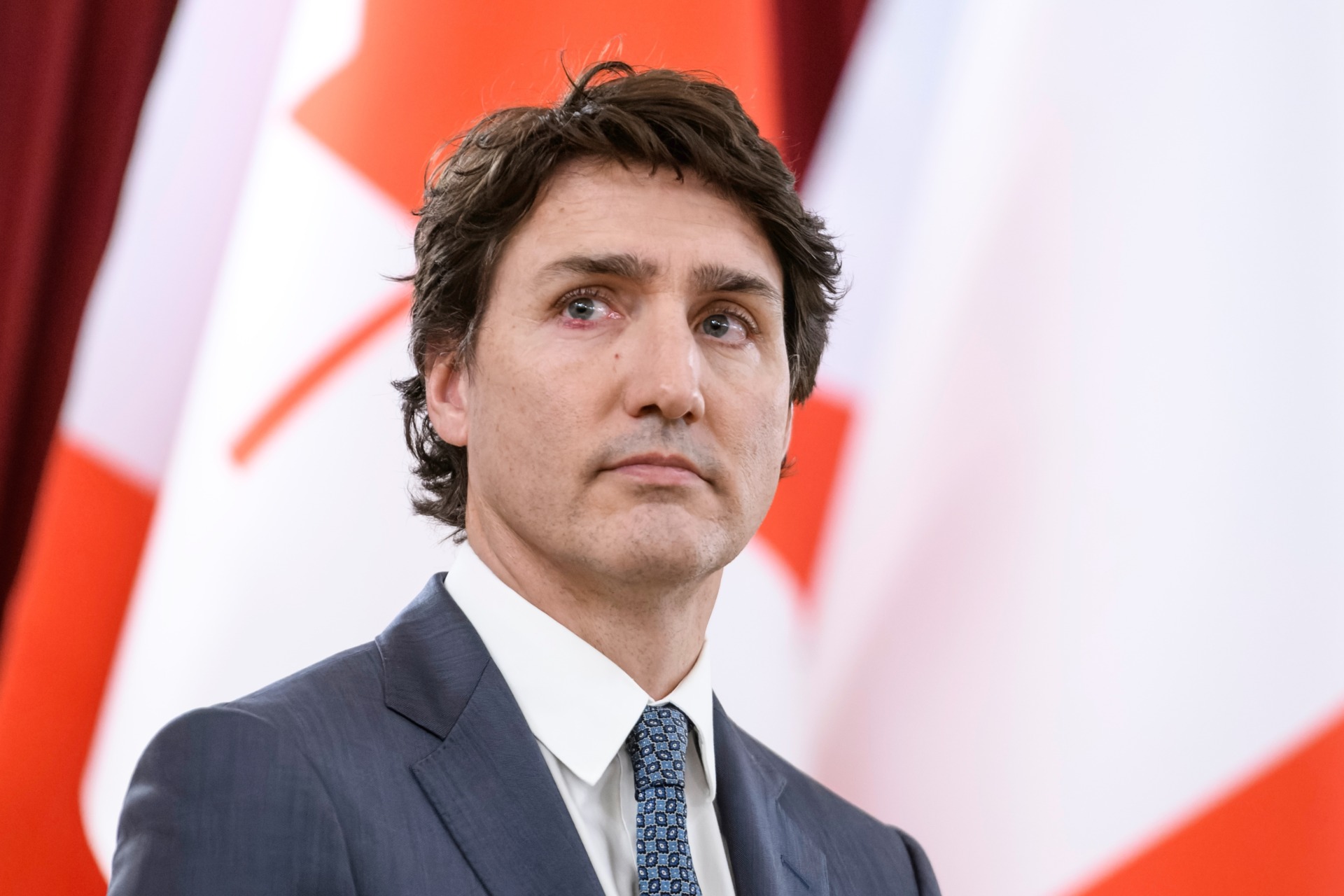Justin Trudeau, the Canadian Prime Minister, spoke at an economic conference in early June and provided very sound reasoning for marijuana legalization: marijuana legalization is what is best for the children of Canada. It sounds shocking but Trudeau explains legalization should not be thought of as tax revenue builder or a window into new industry, but an act of safety. His ideas focus on two simple principles, that legalization could decrease the access that young people have to marijuana and that it would prevent billions of dollars from flowing into the hands of gangs and cartels.
Protecting Teens Through Legalization
Canada is already ranked # 1 in the availability of marijuana to the underage population. Trudeau believes that through regulation and control of marijuana, it is possible make it more difficult for young people to obtain cannabis. The legalization of marijuana will not increase accessibility of marijuana, but if it is taken off the streets and put into stores, teens will have a more difficult time getting a hold of it. According to a Monitoring the Future study conducted state-side, nearly 80% of 12th graders said that it would be easy for them to obtain marijuana.
Trudeau’s idea that legalization could reduce teen marijuana use could hold a lot of clout. A Washington University School of Medicine study showed that the number of teens with marijuana related problems, dependency or trouble with family and school due to cannabis, fell by 24% between 2002-2013, during which 13 states legalized medical marijuana. The overall number of teens using marijuana fell as well. After recreational marijuana legalization in Colorado and Washington, federal data showed no significant increase in marijuana use among teens from year to year.
Keeping Money Out of the Hands of Cartels
Trudeau argues that creating a legal channel for marijuana reduces the underground marijuana market. As is the historical problem with prohibition, the industry has been driven into the hands of illegal cartels. Illegal drug cartels promote violence internally and abroad and can cause issues with border security. The illegal drug trade also comes with added gang violence from turf wars and rivalries, violence that can touch both innocents and gang members in the crossfire.
Partial legalization has already helped reduce illegal drug trade in the US. A kilo of marijuana has dropped $30 to $50 on the black market in the past few years due to legal production state-side. Cartels have been hard pressed to keep up with the quality of domestically produced marijuana in the US and in Canada, according to the Drug Enforcement Agency’s national drug threat assessment. US border seizures have also dropped from four million pounds of cannabis in 2009 to one and a half million pounds in 2015.
Legalization Can Do What Prohibition Cannot
Keeping marijuana illegal has only served to magnify many problems. Many of the safety concerns that opponents of marijuana legalization have are coming true while marijuana remains illegal. The increased regulations provided by legalization will increase the safeties of countries as a whole. With the addition of a possible decreased availability for underaged peoples and the reduction of money moving into illegal industries, marijuana legalization looks like the best idea going forward for the future of Canada and the United States.
Interested in asking a question about this? Go to HelloMD Answers and ask one of our doctors or community.
If you are new to cannabis and want to learn more, take a look at our Cannabis 101 post. HelloMD can help you get your medical marijuana recommendation; it’s 100% online, private and efficient.



